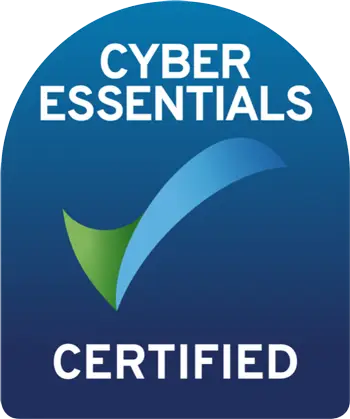Attention business owners! Are you ready to dominate the local search game?
You might think that search engine optimisation (SEO) is a complicated and expensive endeavour, but local SEO can be a game-changer for businesses looking to boost their online presence and attract more customers.
And guess what? We’ve got the secret sauce to help you unlock the potential of local SEO!
What is local SEO?
Local SEO is the practice of optimising your website and online presence to improve your visibility in local search results. When someone searches for a product or service in a specific location, such as “coffee shop near me,” Google and other search engines use a variety of factors to determine which businesses to display in the search results.
By optimising your website and online presence for local search, you can increase your chances of appearing at the top of the search results and attracting more local customers to your business. For small businesses, local SEO is particularly important because it can help level the playing field against larger, more established competitors.
Local SEO can also be more cost-effective compared to traditional advertising methods, such as print or radio ads. While these methods can be effective, they can also be expensive, especially for small businesses with limited marketing budgets.
7 Tips for local SEO Success:
So, are you ready to get started? Here are some tips and strategies to help you optimise your website for local search:
1. Claim and verify your Google Business Profile
Google Business Profile is a free tool that allows you to manage your business’s online presence across Google, including in search results and on Google Maps. Claiming and verifying your listing is the first step to improving your visibility in local search results.
Create a Google My Business account and add information about your business, such as your address, phone number, hours of operation, and website. It’s important to keep this information updated regularly.
2. Optimise for local keywords
Use local keywords (keywords including locations) throughout your website, including in your page titles, meta descriptions, and content. This will help search engines understand what your business is all about and where you’re located.
Start by conducting keyword research to determine the local keywords that potential customers may use to find your business. Use these keywords throughout your website, including in your page titles, meta descriptions, and content. Don’t overdo it though, as keyword stuffing can actually hurt your rankings.
3. Get listed in local directories
There are many local directories that allow you to list your business for free, such as Yelp, Yellow Pages, and Bizify. Getting listed in these directories can improve your visibility in local search results.
Search for directories that are relevant to your industry and location. Sign up for a free account and add your business information, such as your name, address, and phone number.
4. Build local citations
Citations are mentions of your business’s name, address, and phone number (NAP) on other websites, such as local blogs or news sites. Building local citations can help improve your visibility in local search results and boost your credibility with potential customers.
Start by creating a list of local blogs, news sites, and other websites that are relevant to your industry and location. Reach out to these sites and ask if they can mention your business’s NAP in their content. Be sure to keep your NAP consistent across all sites.
5. Encourage customer reviews
Positive reviews from satisfied customers can help improve your visibility in local search results and attract more customers to your business. Encourage customers to leave reviews on Google, Trustpilot, and other review sites.
Make it easy to leave reviews by including links to your review pages on your website and in email signatures. Respond to all reviews, both positive and negative, in a professional manner.
6. Use structured data
By adding local structured data markup, also known as ‘schema markup’, you can provide search engines with important details about your business, such as the products or services you offer and customer reviews.
You’ll need to add schema markup to your website’s code. This can be done manually or with the help of a plugin or software. Include information about your business, such as your name, address, phone number, hours of operation, and customer reviews.
7. Optimise for voice search & mobile
According to Google, 20% of all searches are now voice searches and this number is expected to soar in the coming years. To optimise for voice search, you can utilise FAQs and blogs to answer common questions about your products or services to provide quick answers to potential customers.
Most local search queries occur on mobile devices, which is why it’s so important for your site to be mobile-friendly. Ensure your site has a responsive design that can adapt to different screen sizes. Use high-quality images and dynamic content that can load quickly on mobile devices.
We’re here to help!
Local SEO can be a complex and time-consuming process, and we understand that it can feel overwhelming, but you don’t have to face it alone! Our team of SEO experts can help you navigate the intricacies of local SEO and develop a customised strategy that meets your business’s unique needs.
Whether you’re looking to improve your local search rankings, increase website traffic, or boost conversions, we’ve got you covered.
So why wait? Contact us today to schedule a consultation and take the first step towards boosting your online presence and growing your business.


